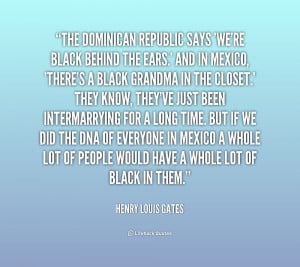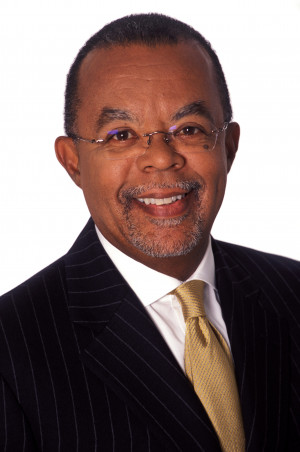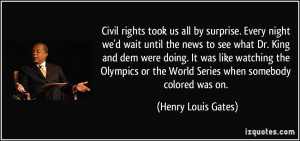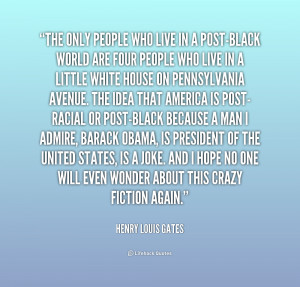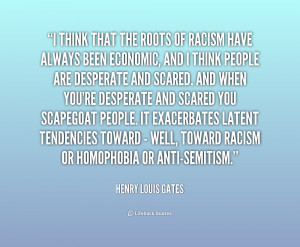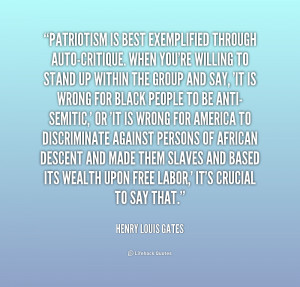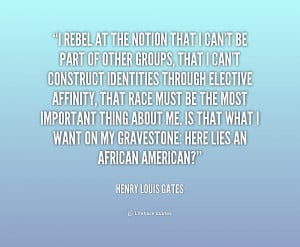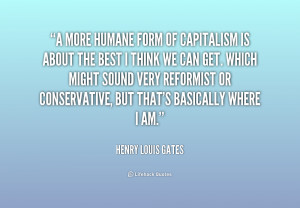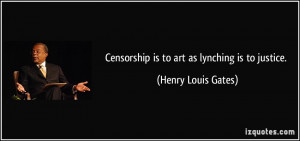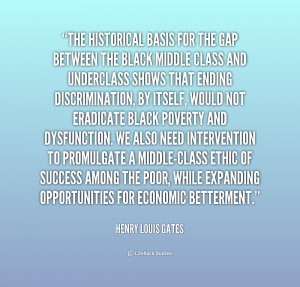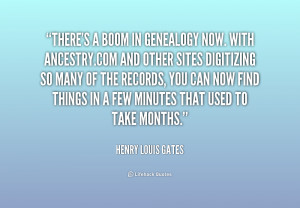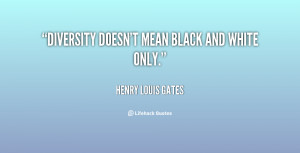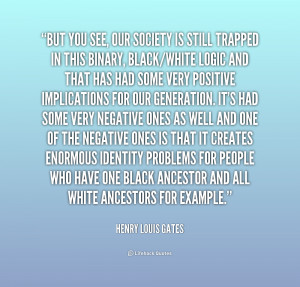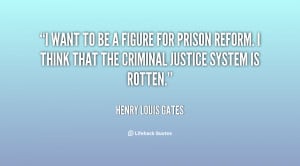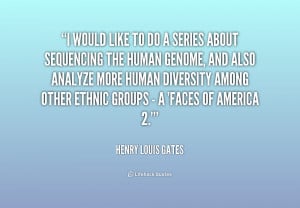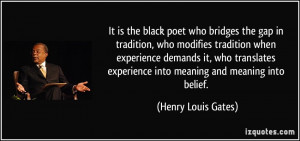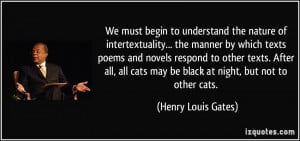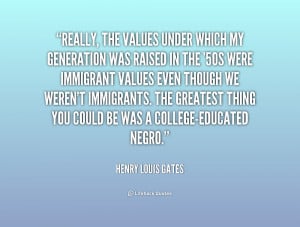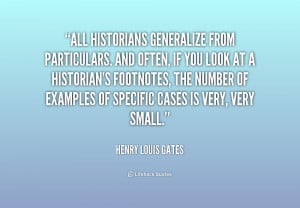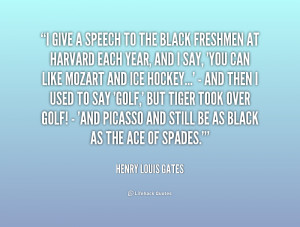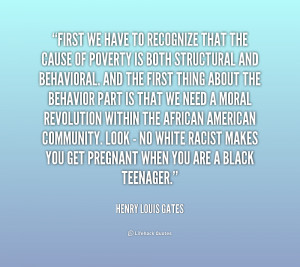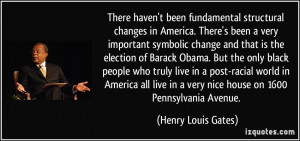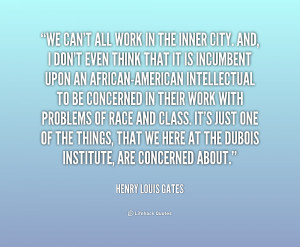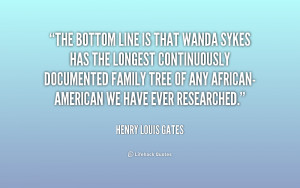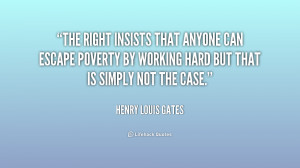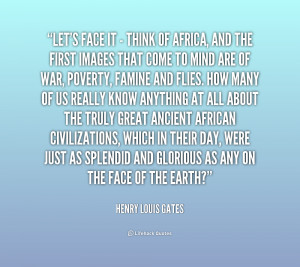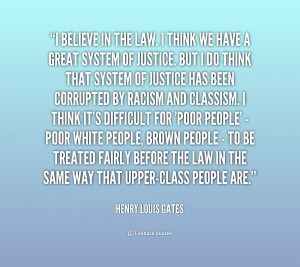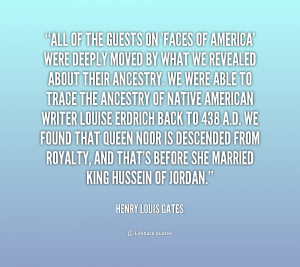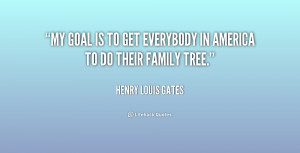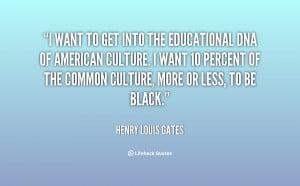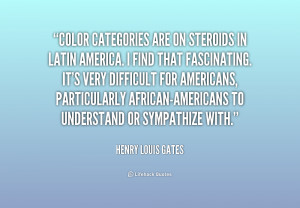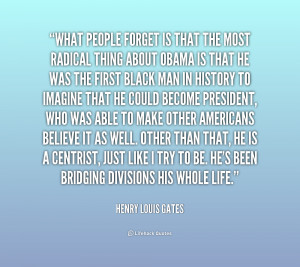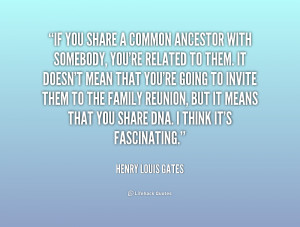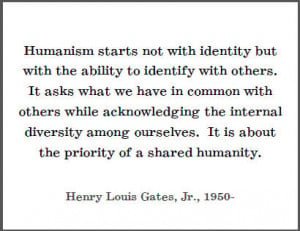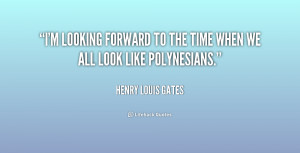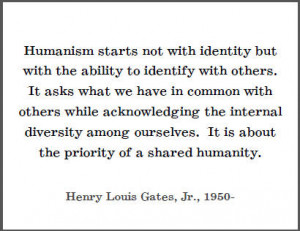Henry Louis Gates — American Critic born on September 16, 1950,
Henry Louis "Skip" Gates, Jr. is an American historian, literary scholar, journalist, cultural critic, and institution builder. He is also an Emmy Award-winning filmmaker, and currently serves as the Alphonse Fletcher University Professor and Director of the Hutchins Center for African and African American Research at Harvard University. Gates has authored or co-authored 20 books and created 14 documentary films, including Wonders of the African World, African American Lives, Black in Latin America, and Finding Your Roots, his groundbreaking genealogy series that returns to PBS for a third season in January 2016. His six-part PBS documentary series, The African Americans: Many Rivers to Cross, which he wrote, executive produced, and hosted, earned the News and Documentary Emmy Award for Outstanding Historical Program—Long Form, as well as the Peabody Award, Alfred I. duPont-Columbia University Award, and NAACP Image Award. Having written for such leading publications as The New Yorker, The New York Times, and Time, Gates now serves as chairman of TheRoot.com, a daily online magazine he co-founded in 2008, while overseeing the Oxford African American Studies Center, the first comprehensive scholarly online resource in the field. He has also received grant funding to develop a Finding Your Roots curriculum to teach students science through genetics and genealogy. In 2012, The Henry Louis Gates, Jr. Reader, a collection of his writings edited by Abby Wolf, was published. His next film is the four-hour documentary series, And Still I Rise: Black America since MLK, airing on PBS in April 2016; a companion book, which he co-authored with Kevin M. Burke, was published by Ecco/HarperCollins in 2015... (wikipedia)

